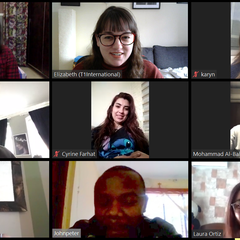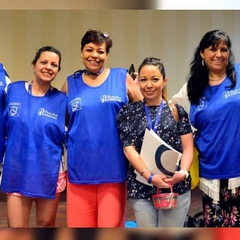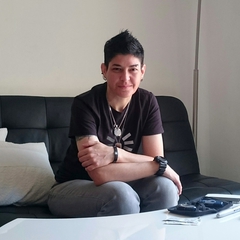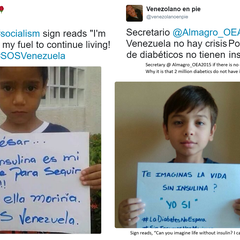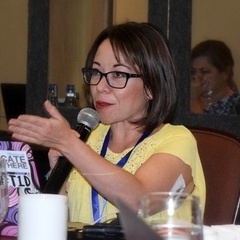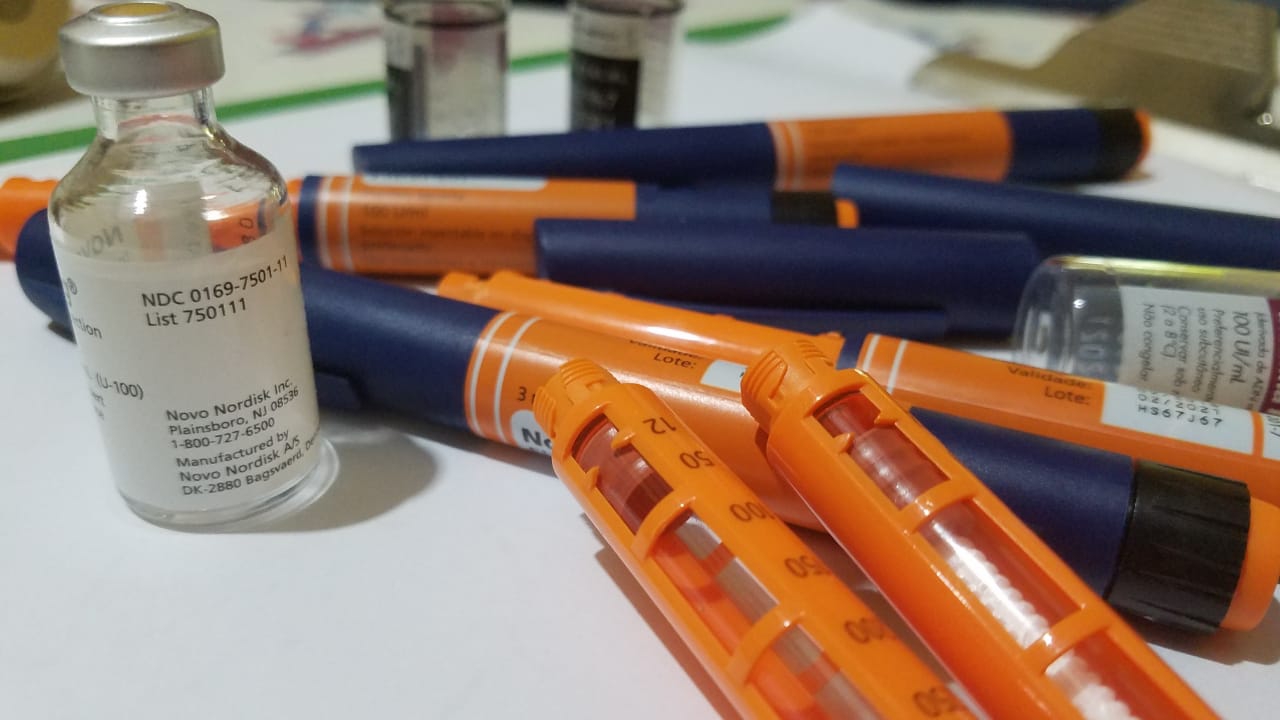
Insulin and Education Challenges in Bolivia
23 Jul 2019, 8:49 a.m. in Global Stories by Laura Ortiz
Insulin is essential for a person with type 1 diabetes to live. It is like oxygen for us or for any human being.
A few months ago we received the news in Bolivia that one of the insulins most used by patients with type 1 diabetes, Novolog's Novorapid, will no longer be sold or distributed in the country. This news came as a shock to us when the distributor told us they would only sell until their stock was depleted. As you can imagine, we are very concerned and unsure who would get it and how long it would be available. We wonder if the distributor will ever import more. It has caused doubt and concern for many.
In Bolivia we don't receive any kind of help from the government to manage our diabetes. Each patient does what they can, but it is often not enough. Everyone must pay for the necessary supplies by themselves. This is a real problem for people who do not have enough resources.
When Novorapid ran out, many people were forced to switch to other insulins, modify doses, and settle for what is on the market even if it doesn’t work as well for them. Other insulins can be more expensive, the quality is different, and the effect is different. That is why changing or modifying doses can be dangerous.
Being in this situation, with no news of when we could get more Novolog, we heard there was a drugstore that might consider getting and distributing it. We sent letters with the aim of having a meeting with the managers of the drugstore, and after many days of waiting, we heard back. We presented all our concerns about the situation, and explained that we were using different and more expensive insulins.
The staff, seeing that we need insulin and that we are going through a difficult situation, agreed to import Novolog. If not for the insistence of my friend Natan, who has type 1 diabetes and is also a doctor, they would not have agreed to it. After obtaining the approval of the general manager of the drugstore to continue the process of importation and commercialization of insulins, he explained that it is a long process that could take between 8 and 12 months.
Meanwhile, alternate insulins are being used in the market, many families have to travel to Brazil to get Novolog and resell them here, or keep them for their own use. So everyone is doing their best to handle the situation.
Another big challenge that we have is education in diabetes. In Bolivia we don't receive adequate education. People are educated by their doctors, and there is no habit of visiting the doctor very often, due to the costs, so it is not easy for people who live with type 1 to talk about the basic things to have a good quality of life.
I tried to form education groups, but it was very difficult to bring people together, since they do not feel motivated and some do not accept living with diabetes. It is a very hard job to talk and educate people who are dealing with many other financial and economic struggles. More than 70% of people with diabetes in Bolivia are in this situation.
I decided to make small publications with educational information, with the Bolivia #insulin4all group on Facebook. Through social networks it is easier to reach people, not only those who have type 1 diabetes, but people in general, to try to break the myths about diabetes in Bolivia. Thus I will be able to inform and educate everyone with small steps.
Health and education is a right for all, it should not be a privilege for the few! We will keep pushing the companies and the government to do better to support people with type 1 diabetes.




